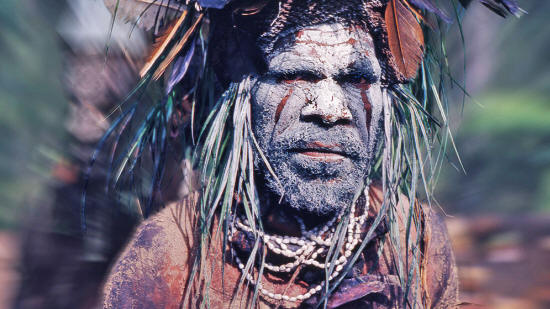|
from YouTube Website
Transcendent experiences that were once attributed to gods, angels, muses, or even possession, are now being demystified by neuroscience. Jamie Wheal, Director of Programs at the Flow Genome Project, explains that each culture has unique rituals and narratives when it comes to non-ordinary experiences of consciousness or 'altered states', whether that's mediation, flow state, psychedelic experiences, or others.
A farmer in India, a peasant in Mexico, and a coder in Silicon Valley will all have vastly different ways of approaching altered states, and will give vastly different descriptions once they come out the other side - perhaps they saw a vision of Ganesh the elephant God, received a message from the Virgin of Guadalupe, or produced a brilliant line of code while in a Matrix-like binary blur.
However, those experiences are more alike than we think.
Jamie Wheal and Steven Kotler devised a functional framework so they could compare non-ordinary experiences across cultures.
Here, Wheal explains that they identified four common elements of altered states of consciousness, which they coined as STER:
Jamie Wheal and Steven
Kotler's book is 'Stealing Fire
- How Silicon Valley, the Navy SEALs,
and Maverick Scientists Are Revolutionizing the Way We Live and
Work.'
Because each of those communities of practice over decades, centuries and even the millennia have accumulated their own storytelling or content about what the state they access are, what they mean and where you're supposed to go through them.
So for instance, if you
were a Buddhist meditator you will be instructed in all sorts of
stages and levels and progressions of non-ordinary states of
consciousness ranging from waking state all the way to white light
void to Buddha consciousness, et cetera.
If I'm a peasant in Mexico I might experience the version of Guadalupe Hidalgo. If I'm coder in Silicon Valley I might experience the matrix and code mode, this is ones and zeros streaming all night as I bang away on my keyboard.
And the reality is is that underneath those experiences are far more alike than the wrapping paper, the narrator wrapping paper of what people see based on culture, custom and biography.
And what we attempted to do was create a functional framework that lets us talk about these things as apples to apples and really see the similarities.
And what we realize is that because of the neurobiology there are four qualities that tend to arise pretty consistently regardless of which door you go through to get into these non ordinary states.
And they are
selflessness, timelessness, effortlessness and richness or STER for
short.
|


